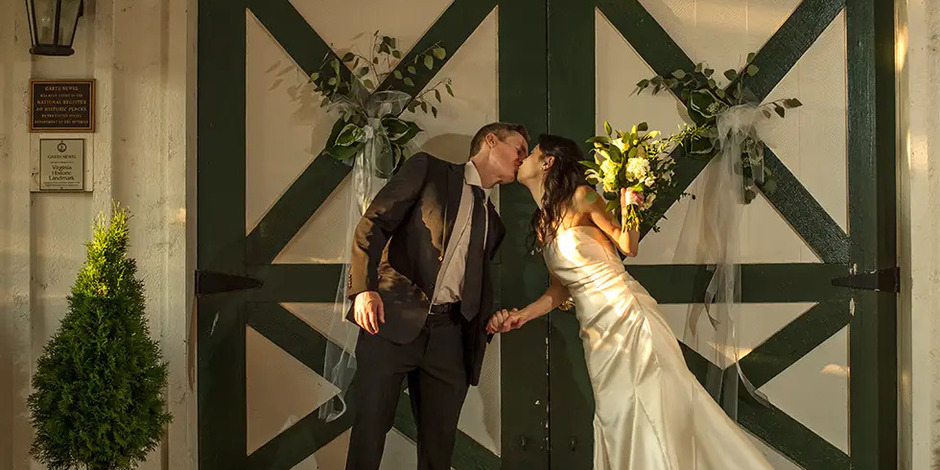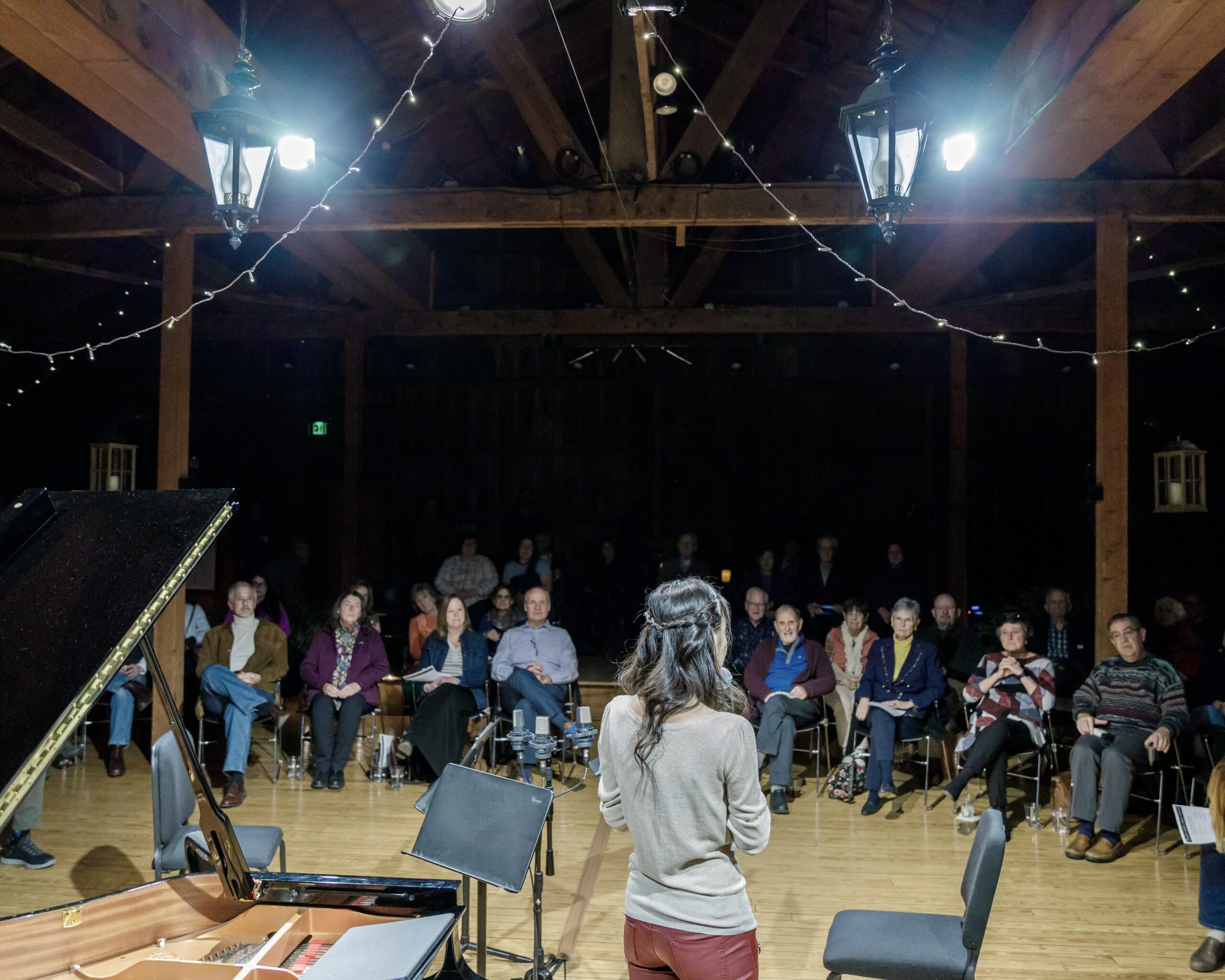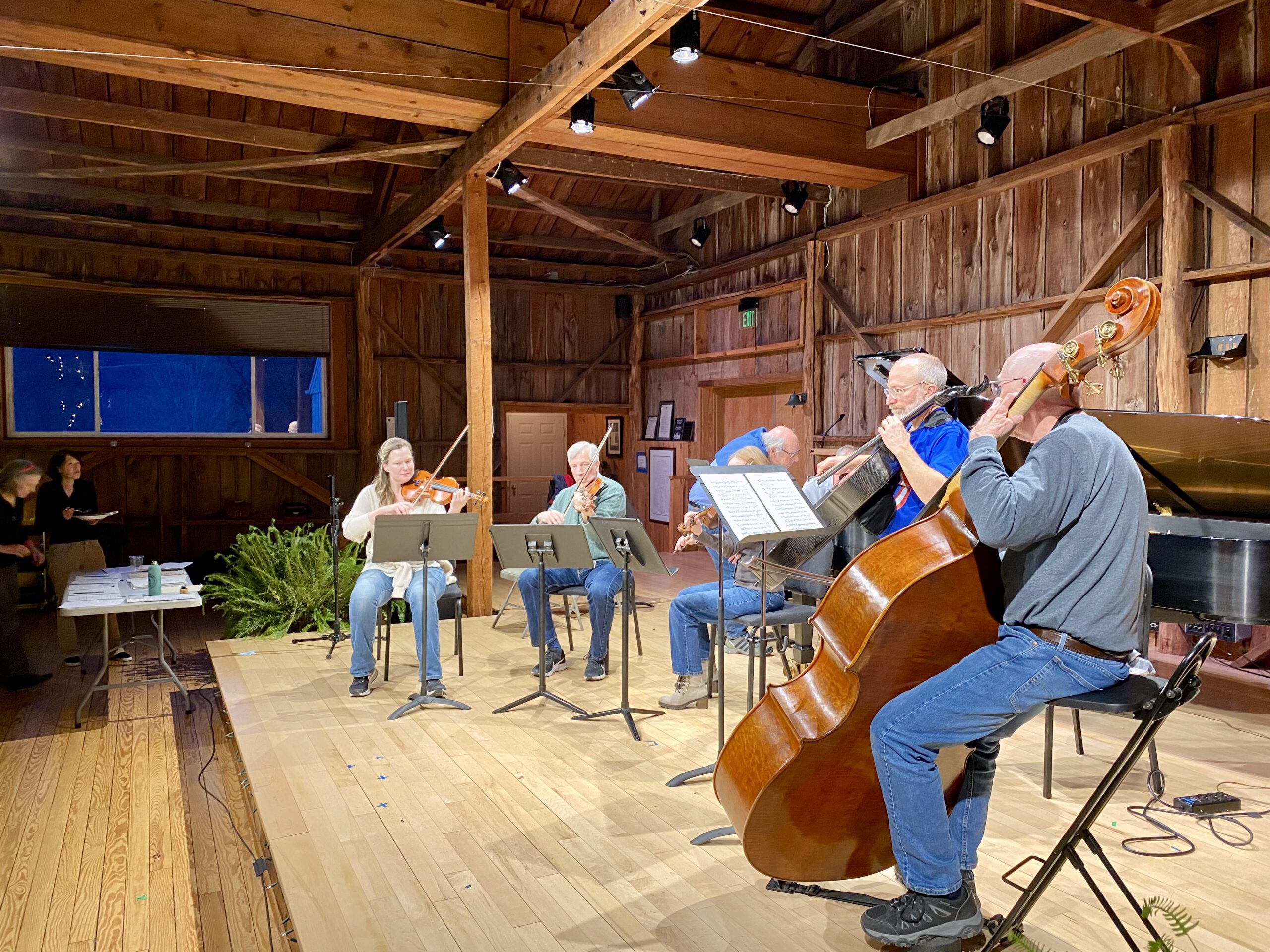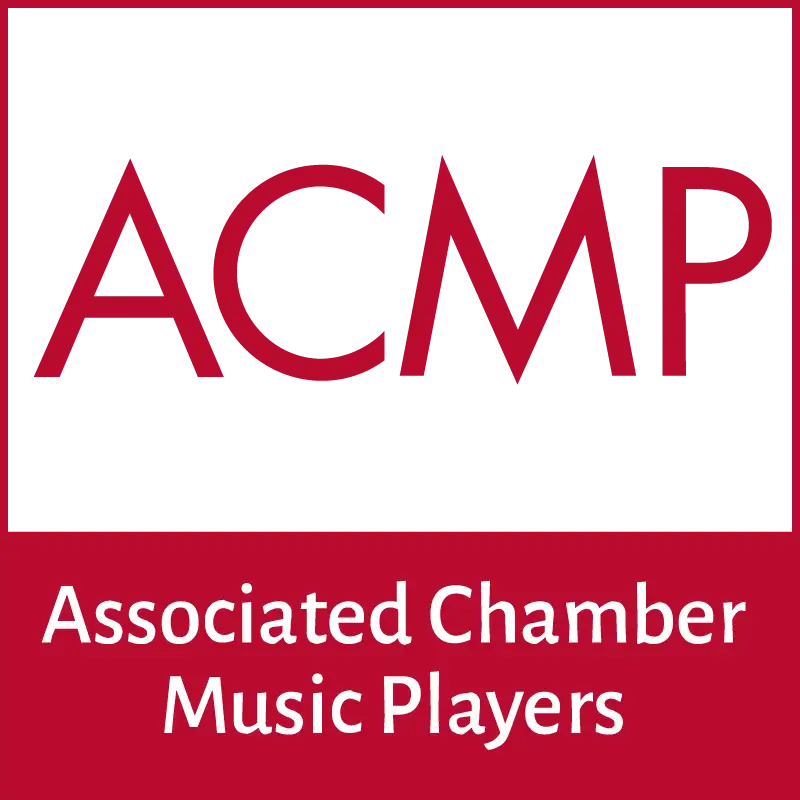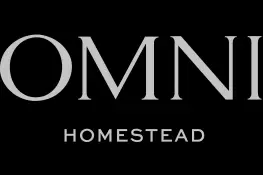
Before I start waxing poetic on Schubert’s great E-flat piano trio, I wanted to give you a quote from Stanley Kubrick, who had used this piece in scenes of Barry Lyndon to express what dialogue could not convey.
“Barry and Lady Lyndon sit at the gaming table and exchange lingering looks. They do not say a word. Lady Lyndon goes out on the balcony for some air. Barry follows her outside. They gaze longingly into each other’s eyes and kiss. Still not a word is spoken. It’s very romantic, but at the same time, I think it suggests the empty attraction they have for each other that is to disappear as quickly as it arose. It sets the stage for everything that is to follow in their relationship. The actors, the images and the Schubert worked well together, I think …
I decided to use Schubert’s Trio in E Flat, Opus 100, written in 1828. It’s a magnificent piece of music and it has just the right restrained balance between the tragic and the romantic without getting into the headier stuff of later Romanticism”. (Kubrick on Barry Lyndon: An interview with Michel Ciment)
Kubrick used the 2nd mvt of the trio in his movie, which is, in my opinion, is one of the most desolate slow movements of the last 200 years. The last scene of the movie is but another example of how brilliantly Kubrick used classical music to capture interior emotions, for if you know the plot of Barry Lyndon, and understand what is happening in the very last scene, its bleakness is made even more devastating by the heroic restraint of the characters and the inconsolable inevitability of the soundtrack.
The tragedy we hear from the work on its own was that, during its composition, Schubert received the news that there was no cure for him and that the end was near. We know that Schubert composed his last (and only) two piano trios in the last half year of his life, along with the three piano sonatas, his cello quintet, his Schwanengesang (Swan Song) song cycle, as well as other smaller works. Much can be said retroactively about how the suffering Schubert went through in his last weeks informed his late compositions, for these compositions are complex and profound, and can be read to be either defiance or acceptance of death.
It was in the late summer of 1828, 3 months before his end on November 19, 1828, that the doctors told him that he was beyond cure. It is hard to pinpoint the dates he began and completed the E-flat trio, because he often worked on simultaneous projects. But I find it interesting that Schubert had radically changed elements of the piece from his working drafts to his final manuscript, including drastic structural changes in his slow movement, and a recasting to b minor of the haunting repeated note 2nd theme in the opening movement. This seems to me not just any old key change, but a significant one that focuses attention on the themes of lament, for this is the key that also ushers in the biggest surprise of the piece, the return of the 2nd movement material in the finale. Much like the shocking ending of the cello quintet, I can’t help seeing these changes as indications that Schubert had started the trio before he was given his fateful diagnosis, but once told that he would not survive, the knowledge changed the course of his composition. His use of repeated notes are dirge-like, and after a stormy outburst of struggling against his fate, the lament returns with a marching descent, drawing one down deep into the ground. It’s return in the last movement seems to me an illustration of how inescapable this despair was, no matter how much Schubert tried to distract from it.
I can keep on going with this strain of thought (perhaps foolishly-there are no limits to possibilities when you’re going off your imagination and not primary sources). For example, his unrelenting use of repeated note motives throughout the last movement (providing hours of frustration to the hapless musicians attempting to get through the piece) could represent his insistent denial of his fate, all futile by the exhausted end.
 In terms of piano chamber music, the Schubert E-flat piano trio is often pitted against Beethoven’s Archduke trio for the title of “greatest piano trio ever written”. (Also, for some circles, for the title of “most likely to make a pianist cry, especially the last movements).
In terms of piano chamber music, the Schubert E-flat piano trio is often pitted against Beethoven’s Archduke trio for the title of “greatest piano trio ever written”. (Also, for some circles, for the title of “most likely to make a pianist cry, especially the last movements).
While I can see why people link the two, as they are both towering works in both length and landscape, and also the last piano trios each composer wrote (Beethoven’s “Kakadu Variations” op.121a was the last published, but was written 8 years prior to the “Archduke” op.97). But the life circumstances behind the two compositions could not be more different, and their monumental arcs span very different worlds of emotion. To me, the Schubert is much darker, full of intensity and drama, with moments of inconsolable melancholy.
Because Schubert was a generation younger than Beethoven, we often forget that they were virtually artistic contemporaries, composing and publishing at the same and dying within a year of each other. Schubert felt a deep connection with the older composer. He was a torchbearer at Beethoven’s funeral 1827, having visited the older composer frequently on his death bed. An anecdote from Anton Schiller tells of how he had given Beethoven some of Schubert’s songs as a distraction, which prompted Beethoven’s amazement and the quote that “Truly in Schubert there is the divine spark”. Beethoven’s music served a similar role for Schubert the year after, when he requested to hear Beethoven’s op.131 string quartet in the days before his death. They are buried next to each other in Vienna, which Schubert had requested.

We will be performing the Schubert Trio in E-flat D929 on Oct.7, the first Fall Foliage concert of 2016. It will be in the vein of the legendary Schubertiades, an intimate gathering of friend into one’s home to share the music of Schubert, and it will be held in the Manor House.

